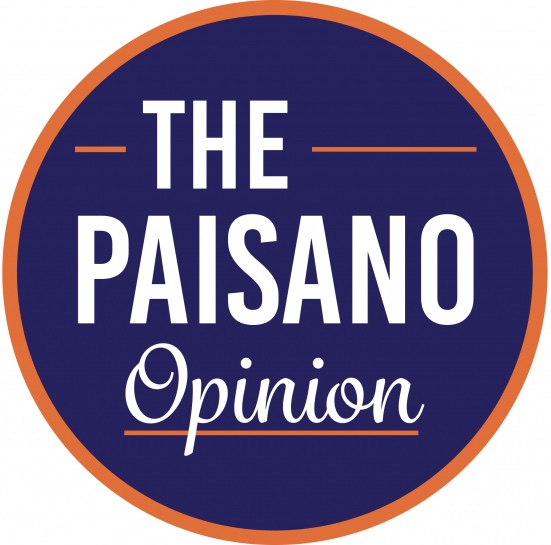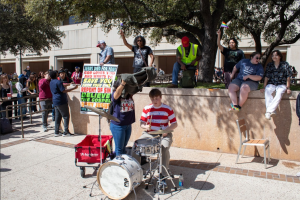Why 2020 politics became so scary

October 27, 2020
The holidays are meant to spark feelings of joy and comfort, but instead, they cause headaches and discomfort. Of course, there are various reasons for this, but chief among them is the inevitable conversations about politics. Gone is our ability for meaningful and nuanced discussions and debates on various policy routes; this is replaced instead with aggressive and uncompromising disputes.
The polarization between Democrats and Republicans is not new, but the reasons have long eluded Americans. Members of both parties are frustrated at the gridlock in Congress over stimulus relief, frightened at the fiery rhetoric of the extreme ends of the political spectrum and confused by the lack of compromise in policy making; it seems that in a country that energetically idealizes the freedom of speech, no one is speaking up. Perhaps the reason starts with the normalization of chaotic behavior, which has metastasized into a national and chronic chaos syndrome. Political institutions have lost their ability to auto-correct, which has led to an individualistic approach to politics, one that has become less accountable and more broken.
The beginnings of chaos syndrome can be linked to good reforms gone bad. The middlemen, such as professional politicians and congressional committees, who previously provided American politics with structure were demonized. Progressives accused middlemen of disregarding public interest while conservatives accused them of expanding big government — both sides agreed reforms were needed.
Starting with the nomination process, primary races are saturated with extremists leaving the broader, more moderate electorate unrepresented. According to the Pew Research center in the first presidential primaries, only 17% of eligible Republicans and 12% of Democrats voted. The data shows that Donald Trump won a small plurality of a small portion of the population that was eligible to vote; the contracts are even more distinct in midterm elections, where turnout is historically low. In general elections, however, parties search for candidates who have broad appeal rather than a hyper-partisan candidate that cannot build the party coalition.
The next problematic governmental renovation was spurred from Nixon’s Watergate scandal, in which the importance of governmental transparency was realized and thus acted on. Today, formal proceedings are in the public view, which isn’t unreasonable, but with the benefits of public accountability came the hesitancy for cordial discourse. Honest dialogue and necessary compromise became unappealing when the unflinching eye of the public criticized and prosecuted.
Aside from failed reforms, the prevalence of ideological polarization has fostered American disorder. Rather than focus on what values Americans do share, it has become increasingly less difficult to focus on what divides us. Such distinctions between liberal and conservative rarely reflect the personal attributes of an individual but instead create false dichotomies that further radicalize an already tense political climate. As mentioned before, primary challenges for radical sides of the party threaten bipartisan breakthroughs, fragmenting the political institutions that were once able to self-correct disruptions to its harmony.
In a culture that harbors hyper partisanship, those with centrist views, which is most of America, are politically homeless. A society so polarized and complex rarely offers solutions that please both sides, but there again lies the importance of compromise. It’s understandable that some values are so important that any concession would compromise moral and political virtue, but when there are opportunities for give and take, they must be taken without fear of intense criticism.
In an environment rife with disenfranchisement, monolithic leadership and sardonic interactions among opposition, respite seems far fetched. Nevertheless, creating a culture of compromise is not an impossibility but rather a step forward toward the representation of large parts of the population that are panicked by a culture without it.






